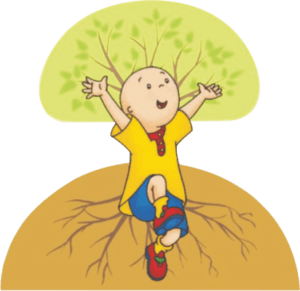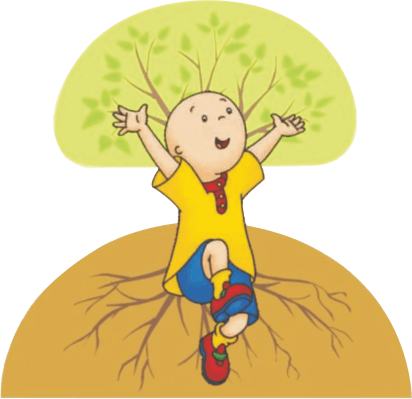Myoclonus
Myoclonus (say: my-oh-KLOH-nus) is the sudden and rapid twitching of a muscle or a group of muscles. The twitching is caused by uncontrolled muscle contraction or relaxation.
Myoclonus twitches often occur when children start a movement like walking or kicking a soccer ball. They may happen in response to external stimuli such as flashing lights. More than one twitch could happen at the same time. Twitches may occur in a series or even follow a distinct pattern. The twitches can occur in the neck, back, face, arms, legs, or the entire body.
Myoclonus is a sign of a condition affecting the brain and spinal cord. For example, it is a common symptom in epilepsy. Myoclonus can also be caused by brain tumours, head or spinal cord injuries, and stroke. Other causes include infections, kidney or liver failure, lipid storage disease, lack of oxygen to the brain, and chemical and drug poisoning.
Exactly how these conditions cause myoclonus is not fully known. Parts of the brain control muscles throughout the body, so myoclonus may be linked to abnormal chemical levels in the brain.
The different types of myoclonus are named depending on their cause.
Action myoclonus is triggered or made worse when a child starts a movement. It usually occurs due to a lack of oxygen to the brain.
Sleep myoclonus is a mild form that occurs as the person falls asleep. Sleep myoclonus can also take more severe forms including restless leg syndrome.
Stimulus-sensitive myoclonus is triggered by external stimuli such as light, noise, and movement.
Asterixis (negative myoclonus) is a sudden involuntary relaxation of a muscle.
Polymyoclonus occurs when multiple twitches occur throughout the body.
Palatal myoclonus is the rhythmic contraction of the muscles at the roof of the mouth (the soft palate).
Epileptic Myoclonus is related to epilepsy and seizures.
Myoclonus types are also named depending on the area of the brain that is affecting movement:
Cortical myoclonus is caused by abnormalities in the cerebral cortex, which is the outer layer of the brain.
Subcortical myoclonus is caused by abnormalities in the deep portions of the brain or brainstem.
Spinal myoclonus is caused by abnormalities within the spinal cord.
Treatment of myoclonus with medicines
Key points
Myoclonus is the sudden and rapid twitching of a muscle or a group of muscles.
Myoclonus is a sign of a condition affecting the brain and spinal cord.
In milder cases of myoclonus, children have a single muscle contraction followed by relaxation and a loss of muscle tone.
In more severe cases of myoclonus, groups of muscles contract involuntarily throughout the body.
Myoclonus is treated with drugs that slow down the central nervous system.

